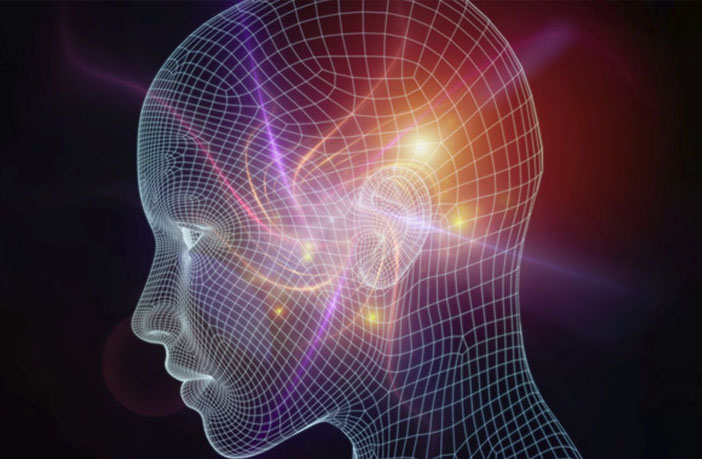![]()
![]()
Scientists in Canada have found preliminary evidence that a psychedelic drink known as ayahuasca can help people overcome eating disorders.
“I was a psychologist working in eating disorders and colleagues and I were witnessing first-hand the drop-out rates, the relapse rates, even deaths, when I watched a documentary on ayahuasca in the context of addictions,” said Dr. Adèle Lafrance, lead author of the study and a clinical psychologist and associate professor at Laurentian University.
“It featured a prominent physician from Canada and so right then I started to ask questions about its potential for other treatment-resistant disorders such as eating disorders.”
Lafrance and her colleagues recently published their study in the Journal of Psychoactive Drugs.
Ayahuasca, a psychedelic brew used for centuries by indigenous Amazon tribes to contact the spiritual world, contains the powerful psychedelic drug dimethyltryptamine (DMT). There has been a growing interest in the drug’s medicinal and therapeutic potential.
The researchers interviewed 16 North Americans who had eating disorders and who had consumed ayahuasca in ceremonial contexts. Ten participants had been diagnosed with anorexia nervosa at one point while the other six had been diagnosed with bulimia nervosa.
Eleven of the participants said their experience with ayahuasca led to reductions in eating disorder symptoms. The participants frequently reported changes in how they perceived themselves and 14 said ayahuasca made them better able to regulate their emotional state.
“The ceremonial use of ayahuasca – under the right circumstances and with the right kind of preparation and aftercare – shows promise as a potential adjunct to treatment for eating disorders,” Lafrance told PsyPost.
The participants also frequently said the drug altered the perception of their physical bodies.
“I really just experienced my body as a gift,” as one participant said. “It was, I felt that it was malnourished. I could sense that, I could sense that I was not honoring the gift.”
But strong conclusions shouldn’t be drawn from the findings. The study is a starting point for ayahuasca research.
“This research is in its infancy,” Lafrance explained. “The use of ayahuasca in North America is not legal. It may also be inappropriate for some people based on their medical status or history. That said, our study does point to the need for more research, including fewer restrictions in order to conduct such research.”
The study authors hope their findings will demonstrate the need for policy changes to support further clinical research.
“We have much to learn from indigenous medicines,” Lafrance said. “I, for one, didn’t learn anything at all about the potential value of such medicines, or any other psychedelics until very recently and so we need to look at these substances in a very serious, scientific way to perhaps bring new treatment options to those who don’t respond to conventional healing modalities.”
The study, “Nourishing the Spirit: Exploratory Research on Ayahuasca Experiences along the Continuum of Recovery from Eating Disorders“, was also co-authored by Anja Loizaga-Velder, Jenna Fletcher, Marika Renelli, Natasha Files and Kenneth W. Tupper.

